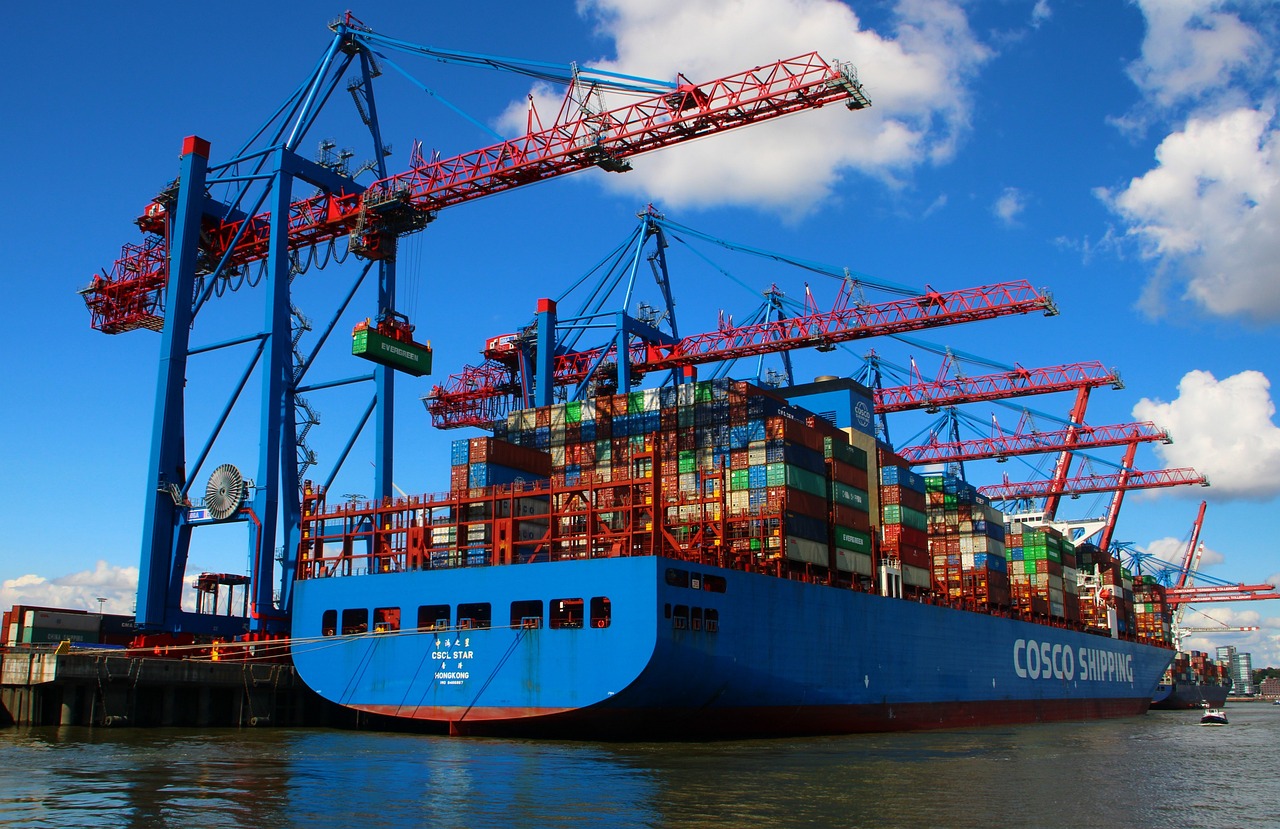Impact of Mideast Ship Attacks on Gas Prices in the US: Expert Insights

Recent attacks in the Red Sea have set off a frenzy among shipping companies, prompting them to reroute their vessels and causing potential delays that might reverberate throughout the global economy.
This series of attacks has led several major shipping companies, including Maersk, MSC, CMA-CGM, and Hapag Lloyd, to chart alternative routes, bypassing the Red Sea altogether. The detour will add thousands of extra miles to ships’ journeys, causing possible delays and price hikes, particularly in oil and gas, experts told McClatchy News.
However, experts are divided on the extent and duration of these supply chain disruptions, with considerations on whether the increased presence of the U.S. Navy in the region might mitigate these attacks.
The redirection of these major container shipping companies is unprecedented, according to Mary Brooks, an expert in global shipping from the Rowe School of Business. Meanwhile, BP, a significant oil company, has halted traffic through the area due to heightened security concerns, as reported to McClatchy News.
Phillip Wolfe, the director of pricing & procurement at American Global Logistics, described this mass diversion as unparalleled in his 12-year experience in the field, comparing it to the disruption caused by the Ever Given incident in the Suez Canal in March 2021, which delayed numerous ships and supplies.
Michael Manjuris, chair of global management studies at Toronto Metropolitan University, highlighted that a considerable number of tankers that usually traverse the Suez Canal have been rerouted recently, while Allen Morrison, a professor at Arizona State University, emphasized the rapidly evolving situation and the uncertainty about the number of affected carriers.
The severity and duration of these disturbances remain uncertain, hinging on the dynamics of the ongoing attacks and the potential effectiveness of security measures in the region, such as the increased presence of the U.S. Navy.





